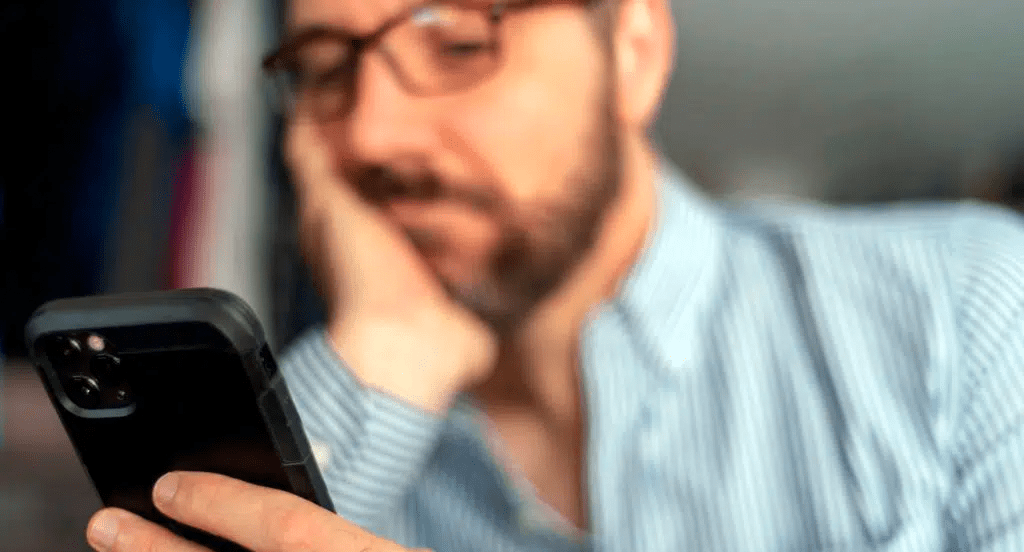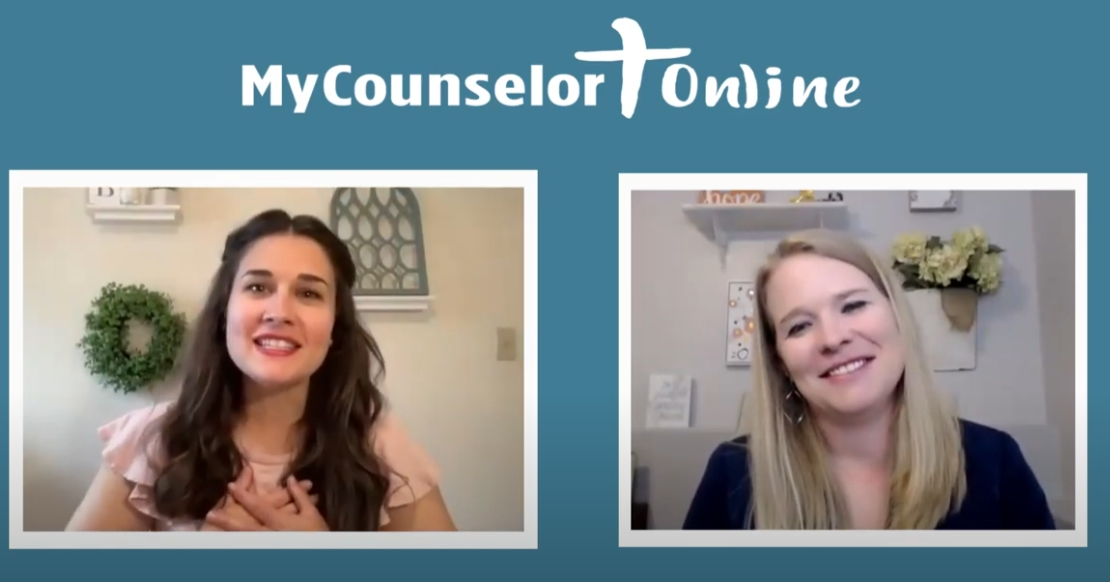Transforming Social Anxiety
One of the most common questions I have seen people both in my personal and
professional life wrestle with has been “is selfcare selfish?” As Christians, we often tend to
struggle with not only this question, but an even bigger one, “is selfcare biblical?” We are called
to live sacrificial lives, so how does selfcare fit into that? My hope in this article is to start the
discussion around what exactly is selfcare, what does the Bible have to say about it, and what
are some examples of selfcare.















